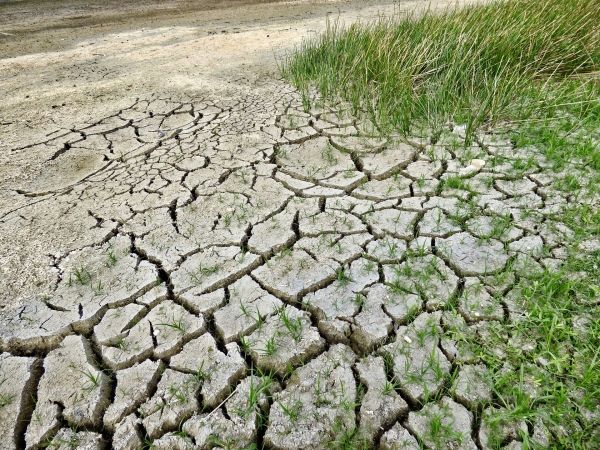Human-induced climate change is causing dangerous and widespread disruption in nature and affecting the lives of billions of people around the world, despite efforts to reduce the risks. People and ecosystems least able to cope are being hardest hit, according to the latest Intergovernmental Panel on Climate Change (IPCC) report, released today.
The IPCC Working Group II report examines the impacts of climate change on nature and people around the globe. It explores future impacts at different levels of warming and the resulting risks, and offers options to strengthen nature and society’s resilience to ongoing climate change; to fight hunger, poverty, and inequality; and to ensure that Earth remains a place worth living on for current as well as for future generations.
The report introduces several new components: One is a special section on climate change impacts, risks and options to act for cities and settlements by the sea, tropical forests, mountains, biodiversity hotspots, dryland and deserts, the Mediterranean, as well as the Polar Regions. Another is an atlas that will present data and findings on observed and projected climate change impacts and risks from global to regional scales, thus offering even more insights for decision makers.
“This report is a dire warning about the consequences of inaction,” said Hoesung Lee, Chair of the IPCC. “It shows that climate change is a grave and mounting threat to our wellbeing and a healthy planet. Our actions today will shape how people adapt and how nature responds to increasing climate risks.”
IIASA Systemic Risk and Resilience Research Group Leader, Reinhard Mechler, is a lead author on Chapter 17 of the report, which focuses on decision-making options for managing risk. Mechler, whose work for the IPCC focusses on how climate risk management and adaptation help to reduce and address the risks to society and ecosystems across the globe, also contributed to the summary for policymakers, which was approved by 195 member governments of the IPCC on Sunday, 27 February 2022, through a virtual approval session held over two weeks. His work includes assessments of methods and tools to support planning and implementation, governance issues, and the international dimension with regard to policy dialogue on adaptation and Loss and Damage.
Read more at: International Institute for Applied System Analysis
Photo Credit: JodyDellDavis via Pixabay
https://iiasa.ac.at/news/feb-2022/taking-climate-action-now-can-secure-our-future


